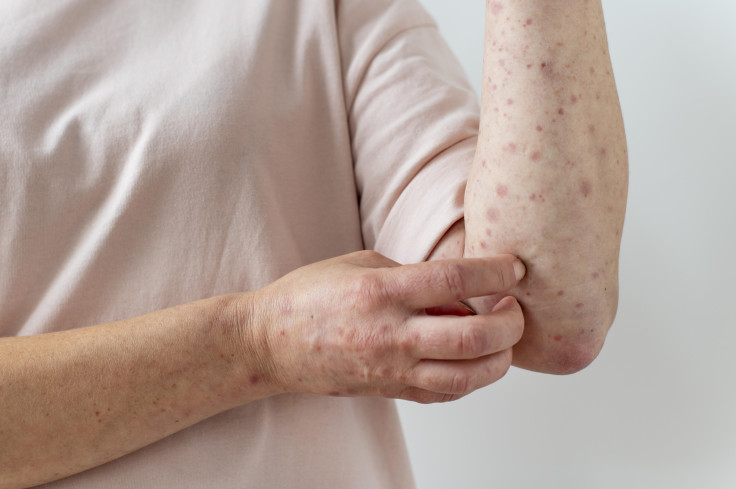Over Half The World Faces Risk Of Measles Outbreak: WHO

The World Health Organization warns that over half of the world's countries are at high risk of a measles outbreak by year's end, stressing the need for urgent preventive measures.
Measles is a highly contagious virus that could cause a potentially fatal infection. The infection mostly affects children below the age of five. It can be prevented by two doses of measles-containing vaccine (MCV). WHO estimates indicate that vaccines have prevented over 56 million measles-related deaths since 2000.
Elimination of measles requires high population immunity so that its transmission can be interrupted. Measles was once eradicated in the U.S. in 2000 through an effective vaccine program. However, over 61 million doses of MCV were postponed or missed during the COVID-19 pandemic, according to the Centers for Disease Control and Prevention (CDC) report.
These missed vaccinations have caused the infection to reappear in many states across the U.S. and many countries worldwide. As per the latest report from the CDC, a total of 20 measles cases have been reported in the U.S. across Arizona, California, Georgia, Maryland, Minnesota, Missouri, New Jersey, New York City, Ohio, Pennsylvania, and Virginia.
Last year, there were over 306,000 reported cases of measles globally, indicating a 79% increase from the previous year's numbers.
"What we are worried about is this year, 2024, we've got these big gaps in our immunization programs and if we don't fill them really quickly with the vaccine, measles will just jump into that gap. We can see, from data that's produced with WHO data by the CDC (U.S. Centers for Disease Control and Prevention), that more than half of all the countries in the world are going to be at high or very high risk of outbreaks by the end of this year," Natasha Crowcroft, a Senior Technical Adviser on Measles and Rubella for WHO said.
"We had many measles outbreaks around the world and middle-income countries really suffered. And we're worried that 2024 is going to look like 2019," she cautioned. Crowcroft also called for urgent action to protect children, citing a "lack of commitment" by governments amidst the current economic crises and conflict.



























